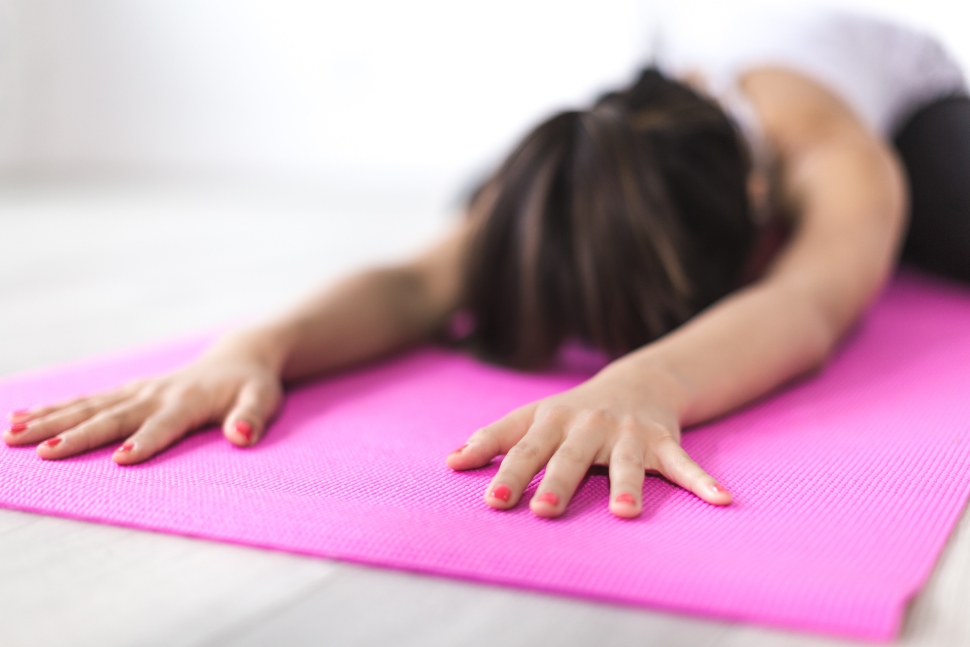Stress and anxiety are two of the most common mental health issues that people face today in society, but that fact doesn’t make them any easier to deal with. In the short term, feeling stressed or anxious isn’t a particularly large cause for concern, as it is a natural response to any overwhelming situation. However, if stress or anxiety develops into a chronic condition, this can have a huge impact on your quality of life and ability to tackle day to day issues.
If you are someone who is struggling with stress and anxiety, and you are looking for some self care steps that you can take to deal with it, then here are four examples of things that be helpful for you.
Find ways to address the causes of anxiety
Anxiety can be rooted in a number of different issues, from childhood traumas to day to day stresses, and issues surrounding self confidence. While in the short term anxiety isn’t too detrimental to your mental health, in the long term chronic anxiety can completely inhibit your quality of life, stopping you from being able to go out and live your life as freely as you’d like. Therefore, it is vital to not only address the symptoms of anxiety but also to find ways to tackle the causes as well.
The best way to tackle these issues often depends on what you feel might be the cause of your anxiety; for example, if you feel your anxious demeanour stems from bullying or other traumatic experiences in childhood, then therapeutic practices are often the best way to address these issues. However, if your anxiety is rooted in how you feel about your body, then you might have to find ways to address this, such as by taking a body confidence workshop.
Alternatively, if there are small areas of your body which are affecting your ability to be self confident, and it is within your capabilities to change them, then this could also be an option for you. For example, if you are someone struggling with patchy hair or a receding hairline, then you might consider looking at some hair transplant before after photos to see whether you feel a cosmetic procedure would be a helpful option for you.
Look after your physical health
A lot of people think that mental health and physical health are two separate issues, but in actual fact, the two are closely linked, and a drop in one can often lead to a drop in the other. Thankfully, it often also works the other way around, which means that if your mental health is low, focusing on looking after your physical health may help you with managing your stress and anxiety.
In particular, making sure that you get enough sleep is important for giving you the necessary energy to tackle the causes of stress that you may currently be faced with. This will also be aided by eating nutritious food and taking part in whatever types of physical activity you are able to do.
Consider trying mindfulness exercises
Stress and anxiety often present themselves when your mind feels overloaded with all of the different tasks and responsibilities that you feel are weighing down on you. Over time, this can lead to feeling worried about things which aren’t even presenting a problem for you in the present moment, leaving you constantly looking ahead and predicting possible problematic outcomes for the future. Therefore, in order to help you stop worrying about what might happen, it is important to find ways to centre yourself in the present so that you can focus on all of the good things that are happening right now.
Mindfulness exercises, such as meditation and breathing exercises, are perfect for centring you in the present moment, which you may find helps to pull you out of an anxious state. Alternatively, if you feel as though these sorts of exercises aren’t right for you, then maybe try something more simple to start with, such as keeping a diary so that you can let all of your worries out onto paper, rather than bottling them up.
Reach out for support
One of the biggest problems with anxiety disorders is that they can make you feel really isolated from your friends and family, as it can seem as though no one else can understand what you are going through. However, in order to reduce the causes of your stress, as well as find coping mechanisms that will work for you, the first step is to reach out and ask for help and support from others.
If you don’t feel that your friends and family are the right people to reach out to, then you might consider joining a peer support group; otherwise, try reaching out to a medical professional or counsellor.
